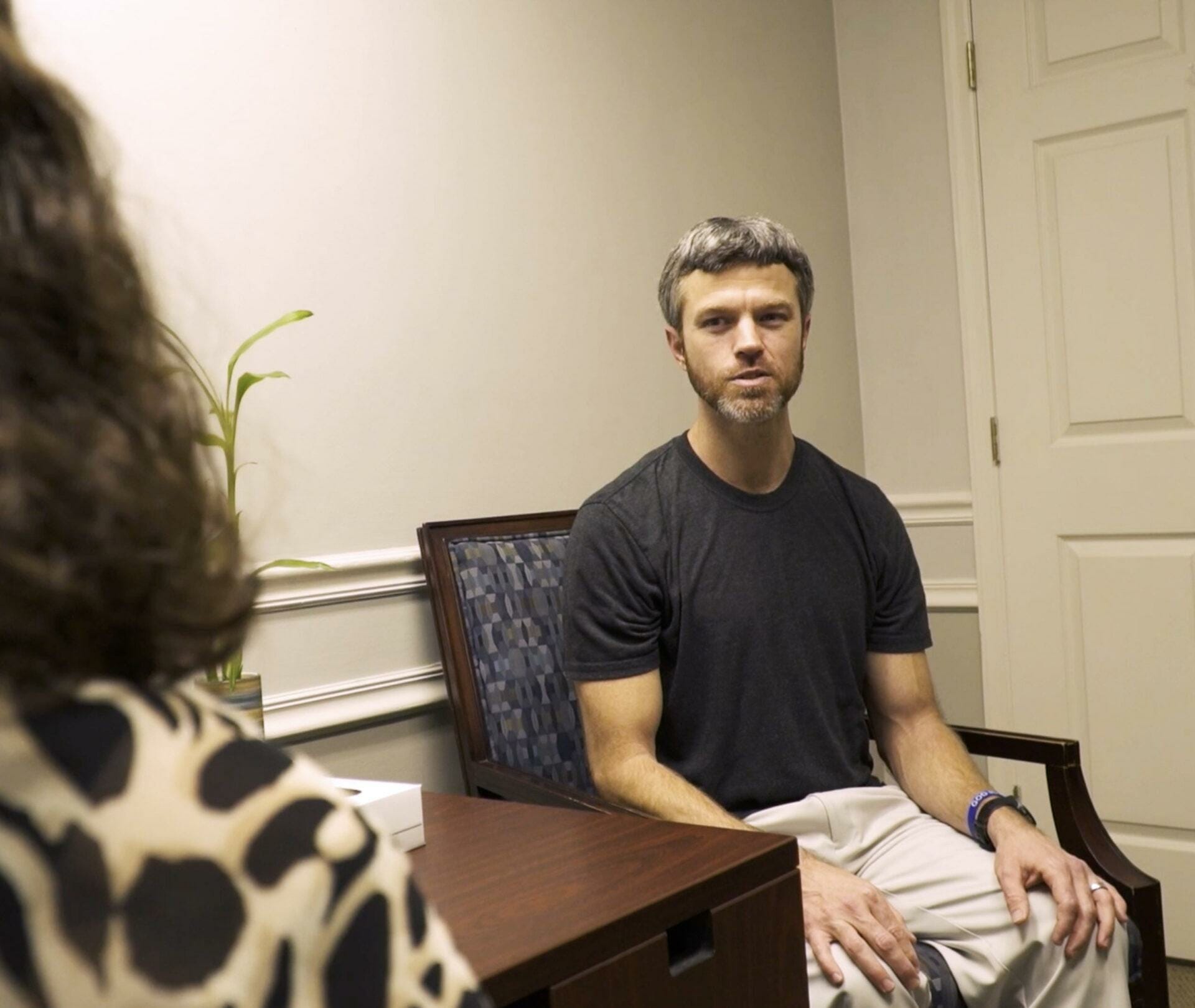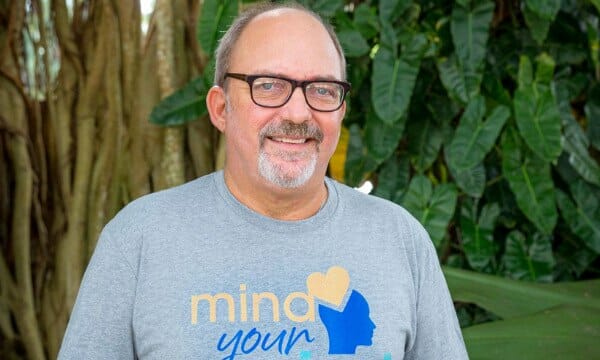A’llawna
A’llawna is a beautiful, brilliant 9-year old with a childlike sense of humor and sweet disposition that can turn in the blink of an eye. A self-described Daddy’s girl who can be a bit of a “diva” could do no wrong in his eyes. What started out as tantrums, talking back and a strong aversion to the “trigger word no” quickly turned to something much more problematic after her beloved father passed away suddenly weeks before she was to start first grade.
Unfortunately, this was not a huge shock to her mother, Althea, who had been watching her development closely. As a specially trained foster parent with experience working with abused and neglected children in crisis, she knew the warning signs. She assumed parental rights of A’llawna at birth from a child that she fostered. Despite Althea’s support, as an adult A’llawna’s mother did not take her medication for schizophrenia leading her to have extremely unhealthy habits, be severely physically abused and use drugs while pregnant with her. Althea began seeing behaviors in A’llawna that she saw in her mother growing up. As a result, Althea took her to see a child psychiatrist at David Lawrence Centers when she was four.
A’llawna has difficultly with impulse control and dealing with anger due to oppositional defiant disorder and ADD. Althea adds, “She has an uncontrollable rage that has caused her to destroy a classroom in seconds, punch a teacher and speak with incredible disrespect to authority figures. When she was just five, she was getting suspended for weeks at a time.”
Over the next few years, she received psychological testing and it was determined that she had an off the charts IQ in the 99.9th percentile. Her potential is unlimited, but she needed help to achieve all that is possible. She was moved in and out of special education classroom settings, they switched schools, she tried in-home therapy and different medications, but it wasn’t enough. Althea was doing everything right, asking for help, reaching out to resources in the community and she was at her wits end and feared she was not capable of caring for A’llawna on her own.
Althea heartbreakingly shares, “Having to call the cops on such a young child and sending her to the Crisis Stabilization Unit over and over again, was unbearable. They handcuffed her outside of the front yard after she tried to destroy the mailboxes with her hello kitty guitar. They had to threaten to Taser and pepper spray her.”
But with the help of the new Children’s Community Action Team (CAT) program, their prayers were answered. The National Alliance for Mental Illness HUGS program, where Althea attended a support group for parents, referred her to DLC to see if she qualified for the new pilot state-funded intensive mentoring and treatment program. The program is designed as a cost effective way to divert at-risk youth from the child welfare system, juvenile justice system and restrictive institutional care. The team approach with much more comprehensive support was a big win for Althea. She was now getting the support and parenting tools she needed to manage A’llawna’s behavior and the results are incredible.
Realizing her potential, the team worked with the schools to challenge her educationally and get her into gifted classes, modeled strong discipline and structure and empowered Althea to make changes in her communication style that gave her control and helped A’llawna feel safe. Together they created a behavior chart that motivates her to work hard towards rewards such as going to the park and the movies and consequences such as community service projects like cleaning up the dog park.
Integral to her success, the team also linked her with a designated Juvenile’s at Risk (JAR) officer through the Collier County Sheriff’s office who Althea can call on for help. She recalls, “When she had a fit one morning refusing to go to school when I told her she couldn’t wear a certain pair of shorts, he came and took her to school in her pajamas.” A true team effort, he checks on her at school, reports back to her mentor and helps manage the negative consequences from her behavior chart.
Althea adds, “The team approach is very helpful. Within the first few weeks in the program, they had all met A’llawna and we were all on the same page. I know I can call on them day or night whenever I need help. She has a great relationship with her mentors. Today, A’llawna has a stack of rewards she has earned. She doesn’t talk back and I don’t yell as much.”
Her therapist adds, “They have come a long way and we are so proud of them. Today they have calm, enjoyable and respectful conversations that include better self-expression using words instead of negative actions.”
Their relationship has never been stronger and they are now savoring all the joys that childhood brings.




